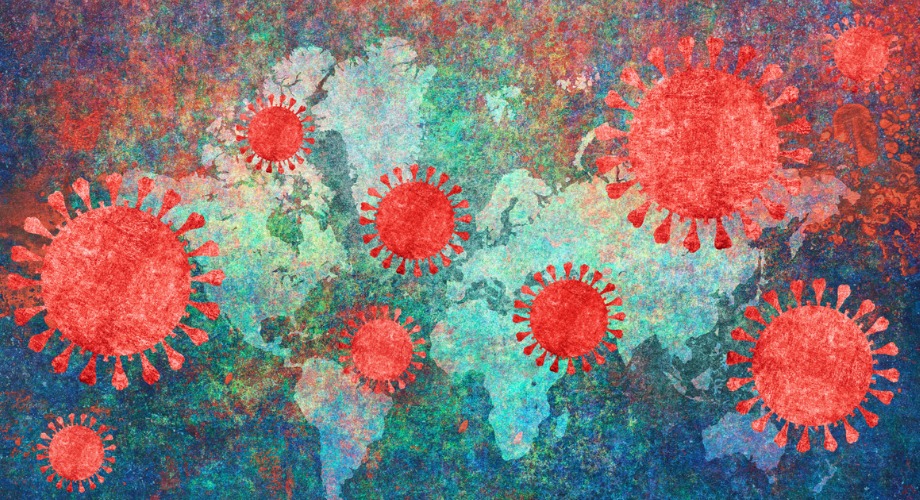
Scripps Research, UC San Diego find first evidence of UK coronavirus variant in California
The research team confirmed the B.1.1.7 lineage through rapid genetic sequencing as part of a collaborative public health project to track COVID-19 in the community.
January 04, 2021
LA JOLLA, CA—A research partnership between scientists at Scripps Research and UC San Diego has found the first evidence that the B.1.1.7 coronavirus variant first uncovered in the United Kingdom is now present in California.
On the afternoon of Tuesday, Dec. 29, personnel at the EXCITE COVID-19 clinical testing laboratory at UC San Diego School of Medicine identified a positive sample that showed a specific pattern that can indicate the B.1.1.7 lineage, which is believed to spread more easily than the earlier forms of the virus.
They immediately transported the sample to the Scripps Research laboratory of Kristian Andersen, PhD, to perform full genome sequencing of the virus. In early morning hours of Wednesday, Dec. 30, the Scripps Research team confirmed the telltale mutations characteristic of the B.1.1.7 variant. The sample came from a local man in his 30s who had not recently traveled, indicating the variant was already spreading in the community, Andersen said during a County of San Diego press conference.
"Coronaviruses mutate all the time, but the UK lineage has a number of additional mutations that are outside what we’ve seen before,” said Mark Zeller, PhD, a postdoctoral associate in the Andersen laboratory and part of the team that did the sequencing. “These mutations are somewhat unusual and appear to make the virus more transmissible.”
The scientists immediately shared the sequencing data on their website and with public resources, including the National Center for Biotechnology Information, so it can be accessed by other researchers.
Turning CDC guidance into action
On Dec. 28, just one day before the sample was collected at UC San Diego as part of its Return to Learn program, the Centers for Disease Control and Prevention (CDC) asked clinical laboratories to start watching for an unusual pattern known as the “S dropout” in COVID-19 tests. This abnormality might indicate the new variant.
“As I was reviewing results for Tuesday afternoon’s tests, I noted that a strong positive sample had no signal for the S gene and immediately notified my supervisor that it had the pattern the CDC asked us to watch for,” said Phoebe Seaver, BS, MPH, a member of the testing team in UC San Diego’s EXCITE laboratory.
Andersen’s lab finalized the sequence and made it public on Wednesday afternoon, then shared the findings more widely during a county press conference at 2:30 p.m.
UC San Diego’s Louise Laurent, MD, PhD, credits the speed of discovery to the seamless cooperation between UC San Diego, Scripps Research, San Diego County Public Health Services and the CDC.
Doubling down on efforts to stop the spread
Since the team’s discovery, several additional cases of the UK variant have been identified across California. Andersen said efforts to contain the virus must continue—especially through social distancing and mask wearing. “We need to double down on everything we’ve been doing, and we need to do it better and more consistently,” Andersen said.
Andersen and Laurent have been working closely with the UC San Diego School of Medicine laboratories of Rob Knight, PhD, and Gene Yeo, PhD, MBA, to help track the local spread of COVID-19 through rapid viral genome sequencing as part of the SEARCH alliance they established in February 2020.
By analyzing genomic data, scientists are able to reconstruct how the virus makes its way through a community or region, providing valuable information to public health officials. The team recently received a $2.5 million contract from the CDC to support this work.
For more information, contact press@scripps.edu

